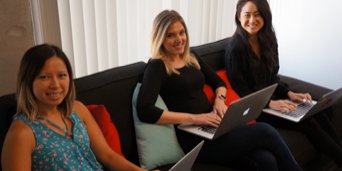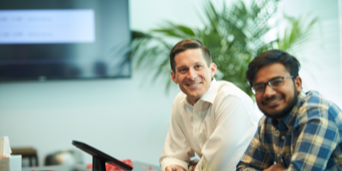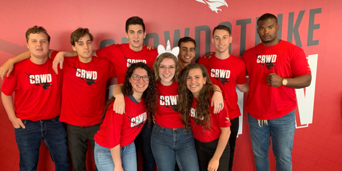Merit and Mission
We don’t have a mission statement. We’re on a mission—to stop breaches. Ready to join a mission that matters?
Recruitment fraud warning:
CrowdStrike is aware of scams involving false offers of employment with our company.
The fraudulent interviews and job offers use fake websites, email addresses, group chat and text messages. Be aware that we don’t ask for sensitive information such as date of birth, social security number or national ID number, or similar during the interview process. We do not interview prospective candidates via instant message or group chat, and do not require candidates to purchase products or services, or process payments on our behalf as a condition of any employment offer.
For more information or if you have been targeted, please reach out to recruiting@crowdstrike.com.
Why CrowdStrike?
CrowdStrike isn’t just the next step in your career—it’s a quantum leap forward.- Competitive Employee Stock Purchase Plan
- Comprehensive Health Benefits
- 401(k) Plan (US Only)
- Parental & Fertility Assistance
- Remote-first Work Culture
- Health & Wellness Programs
- Professional Development
- Executive Coaching & Mentorship
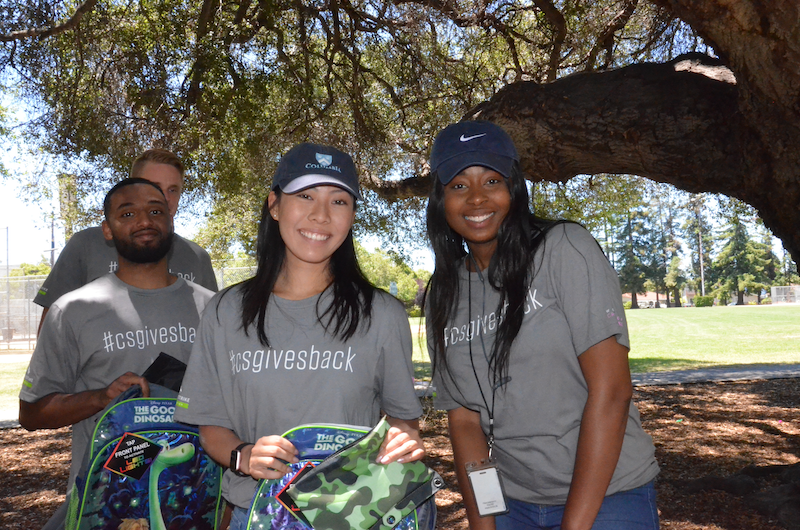
Our workplace recognitions
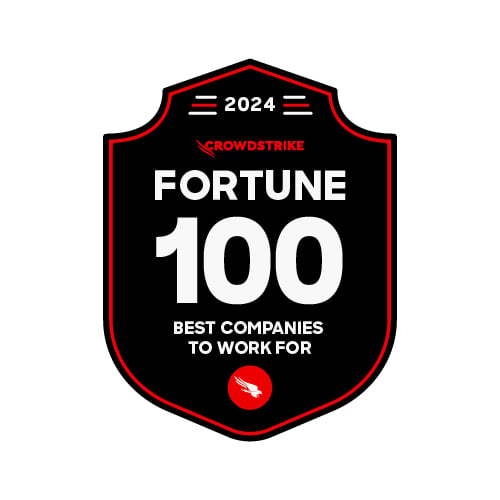 | 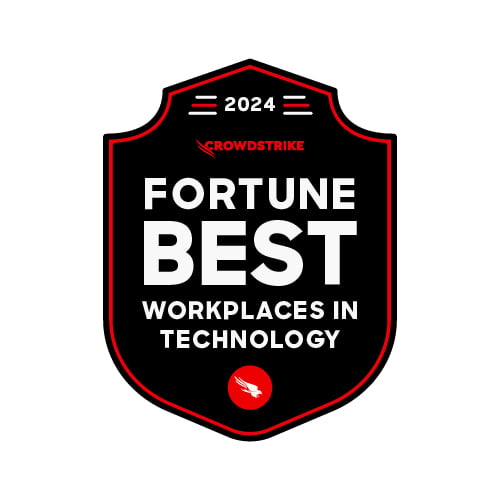 | 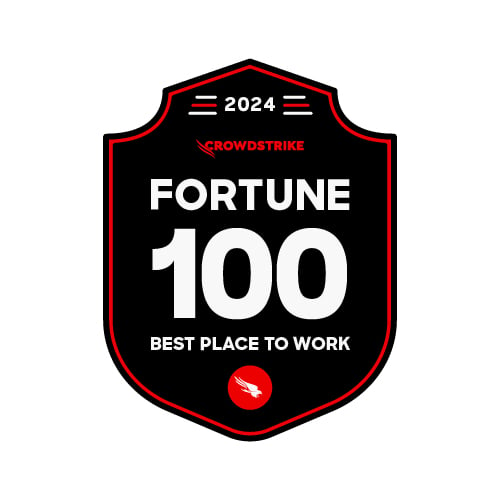 |
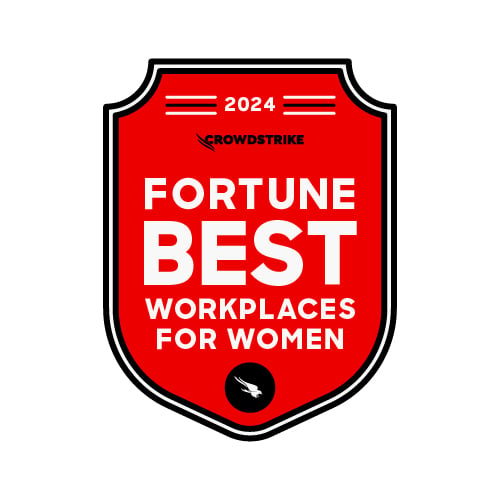 | 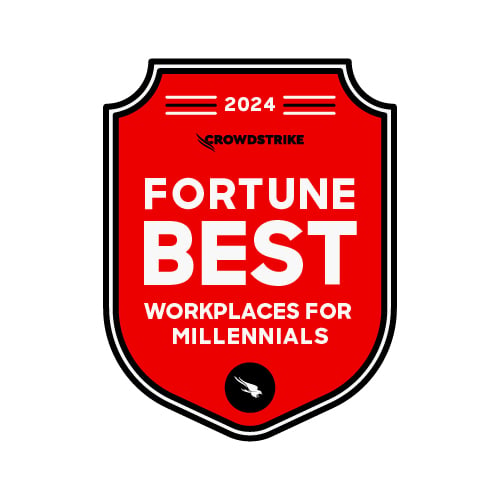 | 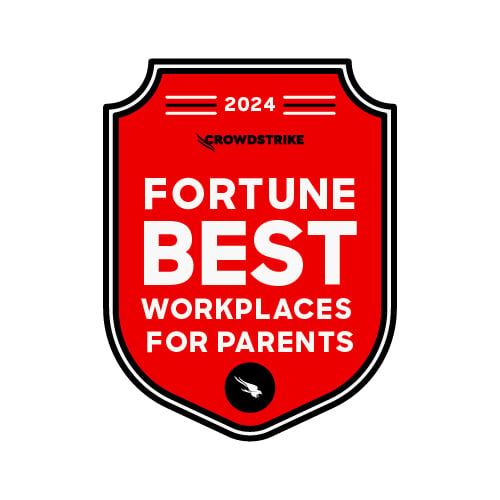 |
Our culture
See what sets CrowdStrike apart.
Our Core Values
The CrowdStrike culture has been built upon our Core Values since the day we began. We are Fanatical About the Customer, Relentlessly Focused on Innovation and believe that our Limitless Passion drives Unlimited Potential for every CrowdStriker.
Our Vision
The world is our office. As a purpose-built remote-first company, we believe cultivating a connected culture for every employee, no matter where they are in the world, is a key ingredient in building a high-performing company.
Our Future
Innovation is at the heart of our organization. Solving complex problems in new and unique ways delivers a bright future for our customers and employees.
Our Mission
Our mission is to stop breaches and our purpose is a promise: to provide safety and security to some of the world’s largest, most influential companies and, by extension, the billions of people around the world who use their services.
Our community
Our community
The CrowdStrike Foundation offers a variety of scholarships, grants and research programs to help develop the next generation of talent and resources in cybersecurity and AI.

“ CrowdStrike is a high-trust environment where individuals are given a lot of autonomy, but also the tools they need to get the job done."
Jenn W.
Engineering Manager
“ Imagine a company where they actually do what they preach and what it would be like. That’s CrowdStrike."
Tom E.
Principal Engineer
“ CrowdStrike is a very exciting place to be. We're growing faster every day and we're making a real difference."
Elodie P.
Sales Operations



